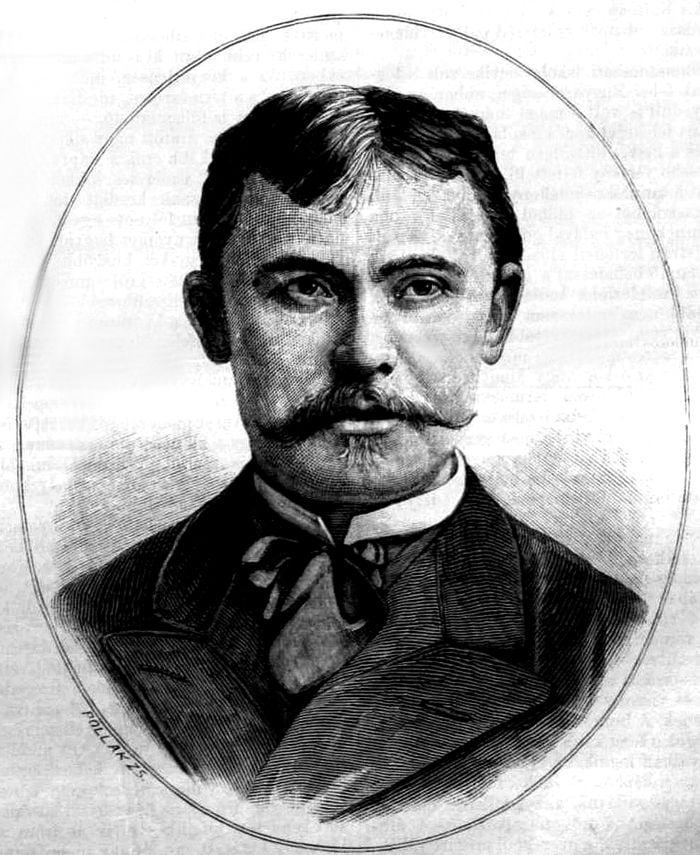Arthur Schnitzler (1862 – 1931)
Arthur Schnitzler, born in Vienna in 1862, was one of the most distinguished figures in Austrian literature, and a dramatist and fiction writer of international renown. His delicately written and finely conceived short stories are among the very best of their kind. The Triple Warning is a philosophical and metaphysical parable related in the author`s best and most brilliant style.
The present version is translated especially for this collection by Barrett H. Clark, from the volume Masks and Miracles.
The Triple Warning
In the morning mist, shot through with the blue of the heavens, a youth was making his way toward the beckoning mountains. His heart thrilled to the rhythmical beat of all the world. Without a care or Worry he went on for hours over the level country when, on reaching (lie edge of a forest, a voice rang out, sounding at once near at hand and far off, and very mysterious:
“Go not through this forest, youth, unless thou wouldst commit murder.”
The youth stood still in astonishment, looked in every direction, Ktul seeing nowhere any sign of a living being, concluded that it was a Npirit that had addressed him. But his innate courage would not permit him to heed the strange call, and reducing his gait only a little, he proceeded on his way without misgiving, his senses keenly alert, in order that he might be prepared for a meeting with the unknown enemy that had warned him.
But he met no one, nor heard any suspicious sound as, unchallenged, he emerged out of the deep shadows of the trees into the open. Under the last wide boughs he sank down for a short rest, allowing his eyes to wander out across a wide meadow toward the mountains, from among which one peak rose aloft, naked and sharply outlined. This was his ultimate goal.
But scarcely had he arisen again when for the second time the mysterious voice was heard, sounding at once near at hand and far off, mysteriously, but more earnestly than before:
“Go not through this meadow, youth, unless thou wouldst bring ruin to thy Fatherland.”
The youth`s pride this time forbade his taking heed; he even smiled at the rigmarole, which was delivered with the air as of one concealing something very important, and hurried on, not knowing whether impatience or unrest hastened his steps. The damp mist of evening descended upon the plain as he at last stood facing the rocky wall below his goal. Hardly had he set foot upon the bare surface of the stone, when the voice rang out again, near at hand and far off, mysteriously, but more threateningly than before:
“No farther, youth, else wilt thou suffer death.”
The youth laughed loudly and, without haste or hesitation, went on his way. And the less clear the ascending path became, the more did his chest expand, and finally on the bravely conquered peak his head was illumined by the last light of day.
“Here I am!” he called out in a tone of triumph. “If this was a test, O good or evil spirit, then have I won! No murder weighs on my conscience, unharmed slumbers my Fatherland below, and I still live. Whosoever thou art, I am stronger than thou, for I did not believe thee, and I did right.”
Read More about King Rhampsinitus and the Thief








